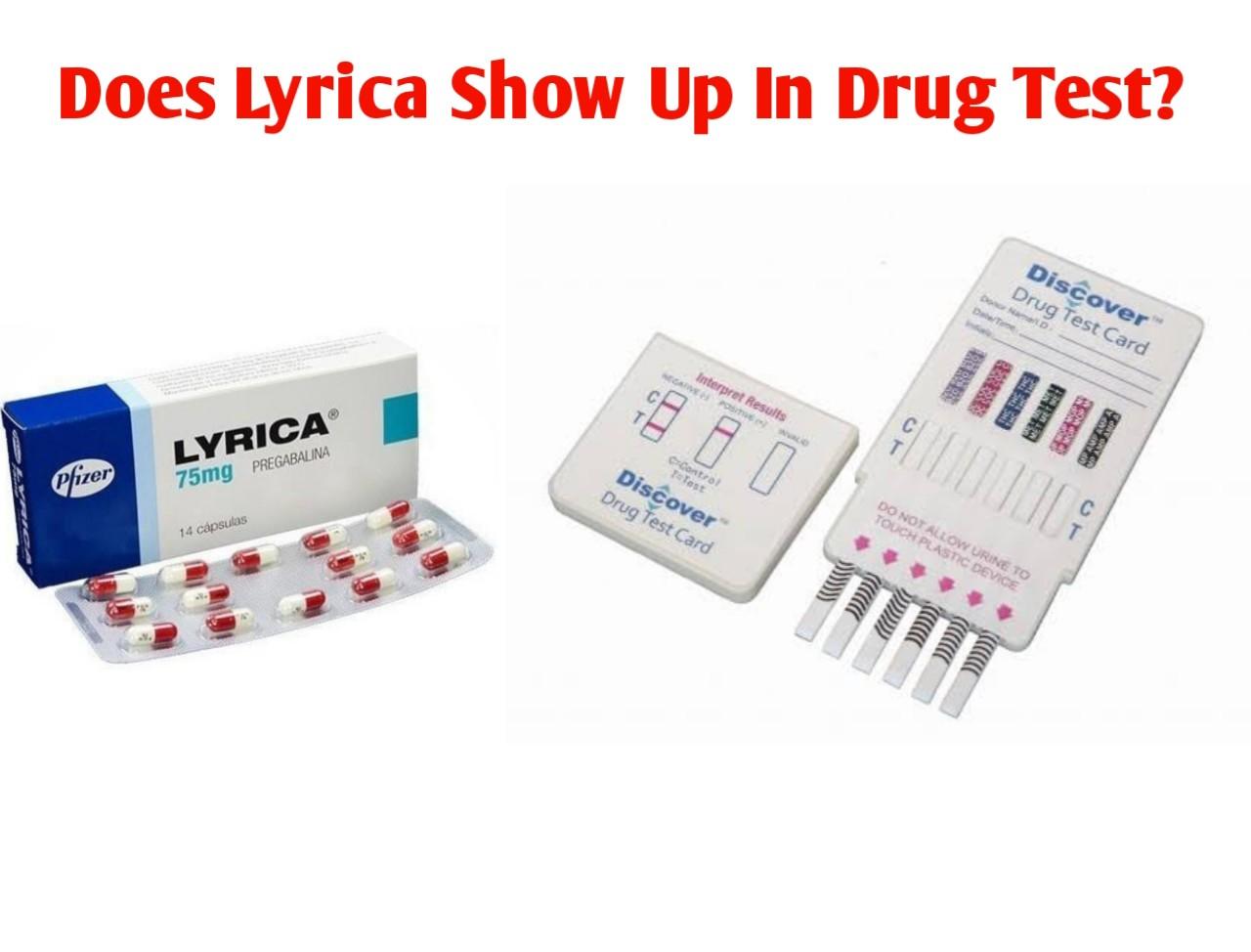Lyrica is the brand name for pregabalin, a medication used to treat epilepsy, neuropathic (nerve) pain, fibromyalgia, and generalized anxiety disorder (off label). Pregabalin works by reducing the number of pain signals that damaged nerves send out. This drug can help you control your symptoms but it will not cure your condition.
Is Lyrica a narcotic?
Lyrica is not a narcotic or an opioid. Lyrica is in a class of medications called anticonvulsants. Lyrica works by binding to the alpha2-delta site in the central nervous system, calming overactive nerves. Impulses in the brain are slowed down and the drug stops seizures right as they are beginning. According to the Epilepsy Foundation, Lyrica is a good add-on to other seizure medications and those who took Lyrica with another prescribed seizure medication experienced a great reduction in their seizures. While Lyrica can be beneficial to those who need it, others are at risk for developing a Lyrica addiction.
Is Lyrica addictive?
Lyrica, like most medications, has some side effects. Lyrica may be habit forming. Research in the medical community indicates that Lyrica withdrawal has not been well documented, but if you stop taking it without gradually reducing the dosage, you may experience withdrawal symptoms. While Lyrica can be beneficial to those who need it, others are at risk for developing a Lyrica addiction.
Common symptoms of withdrawal include:
- trouble falling asleep or staying asleep
- anxiety
- tachycardia (abnormally rapid heart rate)
- diaphoresis (sweating)
- nausea
- aggression
- diarrhea
- headaches
Does Lyrica cause depression?
For people who are taking it, Lyrica may lead to suicidal thoughts or actions.
You should call your doctor immediately if you have:
- new or worse depression
- new or worse anxiety
- new or worse irritability
- restlessness
- insomnia
- aggressive or violent behavior
- panic attacks
- an extreme increase in talking or activity (mania)
- thoughts about suicide or dying
- attempted to commit suicide
- acted on dangerous impulses
Alternatives to Lyrica for pain medication
Pain medicines (analgesics) affect different people in different ways. Always read labels thoroughly and follow the instructions, including dosage recommendations, provided by your doctor and pharmacist.
There are three main kinds of pain medications: prescription, over-the-counter (OTC), and natural.
Prescription pain medication
There are several different types of prescription pain medications:
- anticonvulsants and antidepressants
- opioids
- corticosteroids
- nonsteroidal anti-inflammatory drugs (NSAIDs)
Anticonvulsant drugs are usually used to treat seizure disorders, but have also been shown to be effective in treating neuropathic pain or fibromyalgia. Based on your diagnosis and symptoms, your doctor might prescribe gabapentin (Neurontin), milnacipran (Savella), or duloxetine (Cymbalta). The FDA has approved these three drugs and pregabalin (Lyrica) as non-opioid medications for treatment of various chronic pain syndromes.
Opioid drugs are usually used to treat acute or severe pain. Based on your diagnosis and symptoms, your doctor might prescribe morphine, fentanyl, oxycodone, or codeine. Opioids are highly addictive drugs.
Corticosteroids are usually used to relieve inflamed areas, easing swelling, redness, itching, and allergic reactions. Based on your diagnosis and symptoms, your doctor might prescribe prednisone, prednisolone or methylprednisolone.
NSAIDs are usually used to relieve fever, inflammation, and swelling. Based on your diagnosis and symptoms, your doctor might prescribe celecoxib (Celebrex), flurbiprofen (Ansaid, Ocufen), oxaprozin (Daypro), sulindac (Clinoril), or one of many other prescription NSAIDs.
Important warnings
- Hypersensitivity (allergic) reaction warning: This drug can cause serious allergic reactions. These include trouble breathing, shortness of breath, and rash, hives, and blisters on your skin. If you have any of these symptoms, stop taking this drug and seek medical help right away.
- Suicidal thinking and behavior warning: This drug can increase your risk of having suicidal thoughts and behavior. Talk to your doctor right away if you have any unusual changes in your mood or behavior, new or worsening depression, or thoughts of harming yourself.
- Dizziness and drowsiness warning: This drug can cause dizziness, drowsiness, and blurry vision. It may affect your ability to think, see, or move. You shouldn’t drive, use machinery, or do other tasks that require alertness until you know how this drug affects you.
- Misuse warning: Use of this drug can lead to misuse. Your risk may be greater if you have a history of drug misuse.
Does lyrica show up on a drug test?
When someone abuses Lyrica, they may feel euphoria, relaxation, and calmness. Some describe the feeling of a Lyrica high as feeling drunk, earning it the nickname “Budweiser.” Some may drink alcohol while on Lyrica, which increases the side effects of dizziness, difficulty concentrating, and drowsiness. Abusers of Lyrica will swallow a larger amount of the drug than their prescription allows, or without a prescription. Users may also cut the tablet and snort the contents. When combined with other drugs, like opiates, the euphoric effects are increased, but so are the feelings of sleepiness and dizziness. Intentionally mixing Lyrica with other drugs, like heroin, can lead to an overdose.
A 12-panel test is often administered as an extension to the 10-panel test. The 12-panel test looks for either the presence of extended opiates and prescription painkillers or traces of other controlled substances if that poses a dangerous threat to the workplace. The Standard 12-panel test looks for cocaine, marijuana, PCP, amphetamines, opiates, benzodiazepines, barbiturates, methadone, propoxyphene, Quaaludes, Ecstasy/MDA, & Oxycodone/Percoset.
Unless specifically tested for, lyrica will not show up on a panel drug test. However, Lyrica (pregabalin) rapid test strip can detect the presence of Lyrica in any sample within few minutes. This test strip can also detect the presence of Lyrica for a period of 2 to 4 days (depending on the doses consumed) after the last intake.
Pregabalin may interact with other medications
Pregabalin oral capsule can interact with other medications, vitamins, or herbs you may be taking. An interaction is when a substance changes the way a drug works. This can be harmful or prevent the drug from working well.
To help avoid interactions, your doctor should manage all of your medications carefully. Be sure to tell your doctor about all medications, vitamins, or herbs you’re taking. To find out how this drug might interact with something else you’re taking, talk to your doctor or pharmacist.
Examples of drugs that can cause interactions with pregabalin are listed below.
Interactions that cause increased side effects
Taking pregabalin with certain medications may cause more side effects. These drugs include:
- Diabetes drugs, such as rosiglitazone and pioglitazone. Taking these drugs with pregabalin may cause weight gain or swelling of your hands or feet. If you have heart problems, taking these drugs together can increase your risk of heart failure.
- Narcotic pain drugs, such as oxycodone. Taking these drugs with pregabalin may cause dizziness and sleepiness.
- Tranquilizers (drugs that make you sleepy) or drugs for anxiety, such as lorazepam. Taking these drugs with pregabalin may cause dizziness and sleepiness.
- Blood pressure drugs, such as captopril, enalapril, or lisinopril. Taking these drugs with pregabalin may cause swelling and hives.
Alcohol interaction warning
The use of drinks that contain alcohol can increase the risk of drowsiness and dizziness from pregabalin. You shouldn’t drink alcohol while taking this drug. If you drink alcohol, talk to your doctor.
Warnings for people with certain health conditions
For people with kidney problems: If you have kidney problems or a history of kidney disease, you may not be able to clear this drug from your body well. This may increase the levels of this drug and cause more side effects. Your doctor may give you a lower dosage to help avoid side effects.
For people with heart problems: Ask your doctor whether this drug is safe for you if you have heart problems, such as moderate to severe heart failure. This drug can make your condition worse. Symptoms of worsening heart problems can include swelling in your arms, legs, or feet, weight gain, and fluid retention (swelling) in your body.
For people with depression or mental health issues: If you have depression or other mental health or behavioral problems, this drug may increase your risk of suicidal thoughts and behaviors. You and your family should watch for new or worsened depression, unusual changes in your mood or behavior, or thoughts of harming yourself.
For people with a history of drug or alcohol misuse: Let your doctor know if you have misused prescription or street drugs or alcohol in the past. Pregabalin is a controlled substance and its use can lead to misuse.






